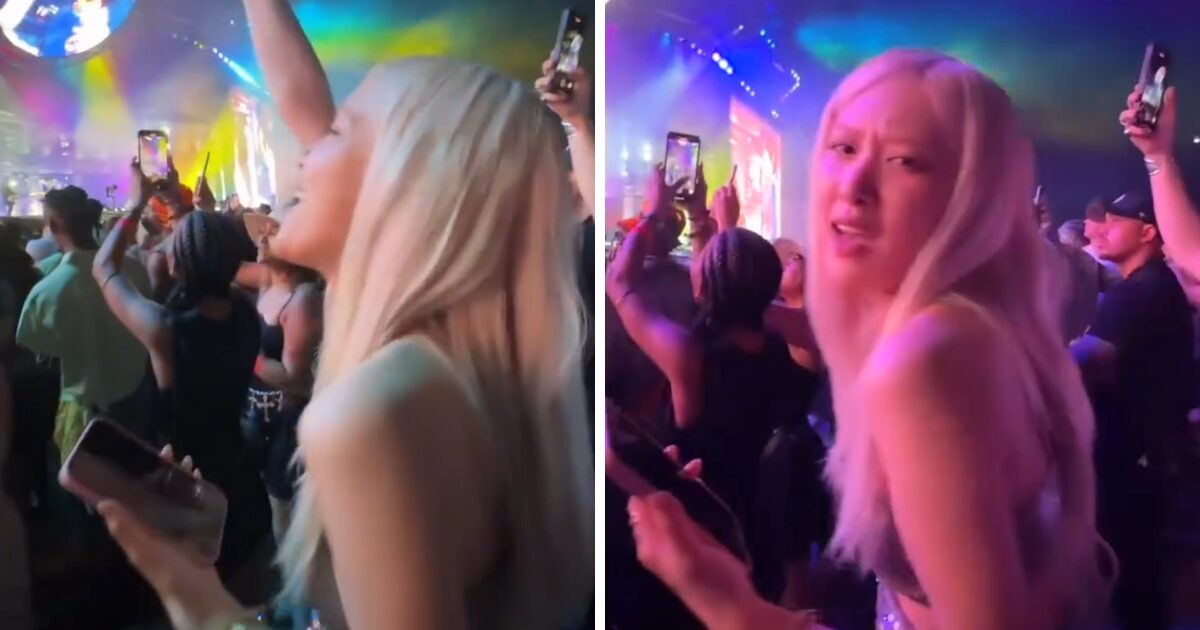In recent months, many celebrities have used AI technology to create images inspired by Studio Ghibli’s enchanting style. This trend highlights the growing role of artificial intelligence in the creative world. However, it raises important legal and ethical questions about copyright and artistic ownership. This phenomenon, known as "AI’s Revenge," sparks discussions about the consequences of using AI-generated content without proper approval.
Legal experts are divided on how copyright laws apply to AI models. A notable lawyer emphasizes the need to obtain licenses or approvals from Studio Ghibli before training AI on their artistic styles. Japan’s Cultural Agency has indicated that creations resembling existing works may avoid copyright infringement if they do not directly copy them. This gray area could harm creators whose unique styles are used without permission.
As AI tools become more advanced and accessible, issues of unfair competition arise. Current domestic laws suggest that using specific artistic styles for commercial purposes could violate competition laws. This intensifies the stakes for content creators. Many artists express deep concerns about AI’s rapid progress, which allows it to learn and reproduce styles quickly, threatening their livelihoods.
Personal reflections from a prominent cartoonist reveal an emotional struggle as they witness the spread of AI-generated Ghibli-style images on social media. They feel uncertain about the future of artistic creation. In response to the controversy, the GPT-4o model has implemented policy changes to reject simple prompts for Ghibli-style images. However, it still allows for more specific requests that yield such content. This indicates an ongoing battle between innovation in AI and the need to safeguard creative integrity.
As AI image generation continues to gain traction, the anticipated conflict between OpenAI and the content industry is likely to escalate. This situation prompts a reevaluation of policies and practices to protect creators’ rights while embracing technological advancements. Navigating this evolving landscape will require a careful balance between creativity and copyright. The future of art and expression in the digital age hinges on this crucial balance.
Key Points to Consider:
- The rise of AI and its impact on artistic styles.
- Legal implications surrounding copyright and artistic ownership.
- The emotional and economic challenges faced by artists.
- The ongoing debate about AI’s role in creative industries and potential policy changes.
In conclusion, as we navigate the intersection of AI and art, it is essential to consider the ethical implications and the protection of artists’ rights. The conversation around AI’s role in the creative industry will shape the future of artistic expression.
This article has been written by Kpopmap AI writer and while we have made efforts to ensure the accuracy of the article, there may be errors or inaccuracies.
 1 month ago
11
1 month ago
11



















 English (US) ·
English (US) ·